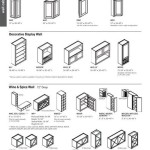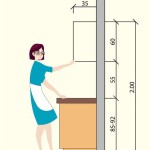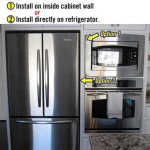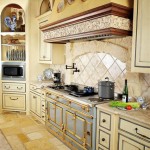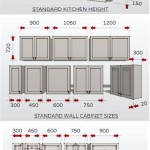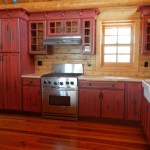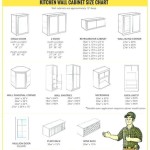Damp and Mold in Kitchen Cupboards: Causes, Prevention, and Remediation
Kitchen cupboards are a breeding ground for dampness and mold, thanks to the combination of food debris, moisture, and heat. Not only can this create an unsightly mess, but it can also pose health risks to your family. In this article, we'll explore the causes of damp and mold in kitchen cupboards, as well as tips for preventing and remediating this problem.
Causes of Damp and Mold in Kitchen Cupboards
- Moisture: Water leaks, condensation, and even spills can introduce moisture into your cupboards, creating a perfect breeding ground for mold.
- Food Debris: Crumbs, spills, and other food debris can attract pests and provide nutrients for mold growth.
- Poor Ventilation: Restricted airflow within cupboards allows moisture to accumulate and encourages mold formation.
- Lack of Sunlight: Mold thrives in dark, damp environments. Kitchen cupboards often have limited exposure to sunlight.
- Heat: Warm temperatures can accelerate mold growth, especially when combined with moisture.
Prevention of Damp and Mold in Kitchen Cupboards
- Control Moisture: Fix any water leaks promptly and use exhaust fans or open windows to reduce condensation.
- Clean Regularly: Wipe down spills and crumbs immediately and clean your cupboards thoroughly on a regular basis.
- Improve Ventilation: Install vents or drill holes in the back of cupboards to promote airflow.
- Get Sunlight: Open cupboard doors during the day to allow sunlight in.
- Use Moisture-Resistant Liners: Line shelves with moisture-wicking liners to absorb any excess moisture.
Remediation of Damp and Mold in Kitchen Cupboards
- Identify the Source: Determine the cause of the moisture and mold and address it promptly.
- Remove Mold: Scrub away any visible mold using a bleach solution (1 cup bleach per gallon of water). Wear gloves and a mask.
- Clean Thoroughly: Wipe down the entire cupboard with a clean damp cloth and allow it to dry completely before putting anything back in.
- Ventilate: Open cupboards and use fans to dry out the area and prevent further mold growth.
- Consider Replacing Cupboards: If the mold damage is severe or the cupboards are made of porous materials like wood, you may need to replace them.
Preventing and remediating damp and mold in kitchen cupboards is crucial for maintaining a healthy and clean home. By following these tips, you can keep your cupboards free from mold and ensure a safe and comfortable kitchen environment.

Damp And Mould In Kitchen Cupboards

Causes Of Mold In The Kitchen And How To Avoid It Home Matters Ahs

Keep Damp Out Of Your Kitchen With Proofing Glasgow

Property Tips How To Reduce Condensation And Mould Express Co

Fight Back Against Kitchen Damp And Mould Precision Basements Proofing

Black Mould In My Flat Is Slowly Poisoning Me And Council To Blame Disability News Service

How To Stop Mould In Cupboards

Condensation Control Prs Manchester

Kitchen Mold Removal Service Busters

How To Remove Mold In Kitchen 100 Doable The Insider
Related Posts

